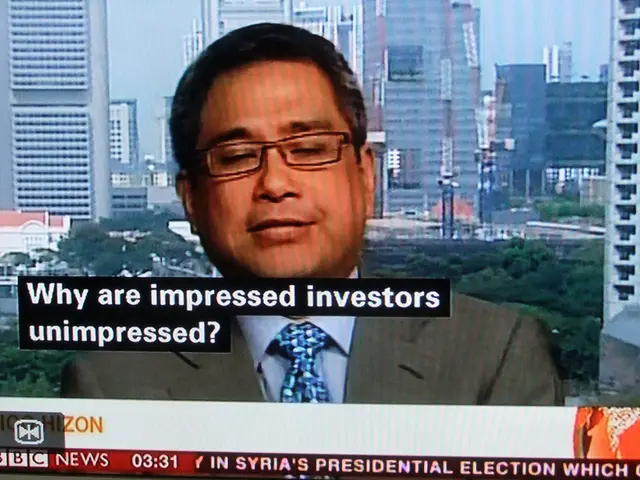UAE's Dominance in Skill Development and Labour Competitiveness on a Global Scale
The United Arab Emirates (UAE) continues to attract international talent with its world-class infrastructure, safety, international connectivity, and dynamic business environment. This recognition is a testament to the UAE's long-term commitment to building an economy that continuously empowers talent.
Institutions like the Mohamed bin Zayed University of Artificial Intelligence and expanding vocational training centers are cultivating a specialized and flexible talent pool in the UAE. The country's focus on nurturing and retaining talent is a key factor in its sustainable growth strategy.
The UAE has revised its labour laws to make the workforce more agile and future-ready. Legalising part-time work, temporary projects, remote work, and job-sharing models are just a few examples of these reforms. The UAE has also introduced flexible work models and a variety of work permit categories, including task-based and freelance permits.
These reforms aim to strike a balance between economic competitiveness and worker wellbeing. Protective measures for workers, such as national unemployment insurance, enhanced end-of-service benefits, and upcoming universal health coverage, are in place to ensure the wellbeing of the workforce.
The UAE's economic progress is driven by adaptability, innovation, and human capital. Sanjay Raghunath, Chairman and Managing Director at Centena Group, believes that continued investment in innovation, sustainability, and skills development will help the UAE maintain its status as a global leader in workforce competitiveness.
The UAE's labor strategies aim to create a self-sustaining ecosystem where skills are continuously aligned with market needs. The country's integration of artificial intelligence, coding, and digital literacy into early education curricula and offering vocational training and continuous upskilling programs are part of this strategy.
Over the past two decades, the UAE has diversified its economy, with non-oil sectors now accounting for a significant share of the GDP. The UAE's labor environment combines adaptability and protection, allowing for alignment of talent with opportunity and secure careers for individuals.
The UAE's rise in global labor market rankings, such as securing the top global ranking in 10 key labour market and employment indicators, according to the 2025 edition of the World Competitiveness Yearbook, suggests that the country is not just adapting to change but is actively shaping it.
Visa reforms, particularly the Golden and Green Visas, have extended opportunities for skilled professionals to build long-term careers in the UAE. The UAE's emphasis on retaining international talent, in addition to attracting it, is shaping policy making and workplace culture.
In conclusion, the UAE's commitment to empowering talent, fostering innovation, and ensuring worker wellbeing has positioned it as a global leader in workforce competitiveness. Its adaptable and protective labor environment, combined with its focus on skills development and economic diversification, is driving its sustainable growth and shaping the future of work.
Read also:
- Nightly sweat episodes linked to GERD: Crucial insights explained
- Fitbit Versa 4 Experiences Continuous Price Drops on Amazon
- Asthma Diagnosis: Exploring FeNO Tests and Related Treatments
- Unfortunate Financial Disarray for a Family from California After an Expensive Emergency Room Visit with Their Burned Infant







